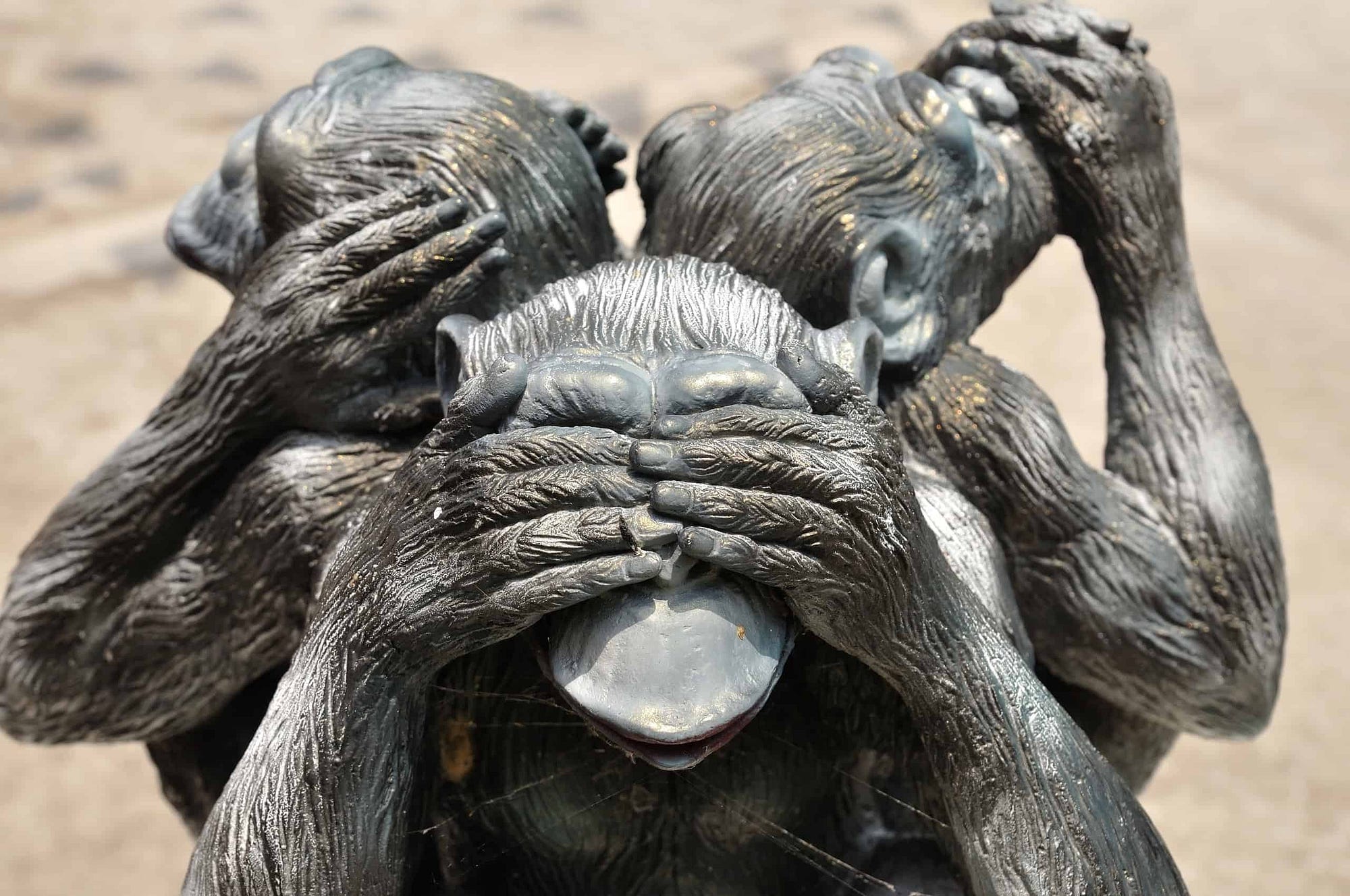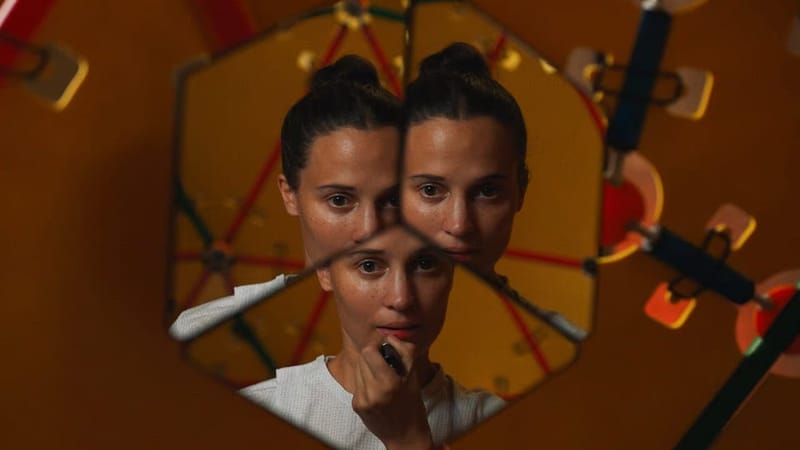Coercion vs Inspiration
Which will we choose?

Last week I interviewed Bill Ryerson on mainstreaming behaviour change. The founder of Population Media Centre, Bill and his team have spent decades creating mainstream television and radio melodramas which move the needle on cultural norms, resulting in declining birth rates in developing countries through higher levels of education and massive uptake in contraception.
Why do some nations need to reduce their birth rates, especially those nations which have a much smaller rate of consumption due to poverty? Bill explains that small family size led to the “demographic dividend” in developing countries around the world after World War 2, leading to economic growth, improved levels of health, education and overall wellbeing. Facilitating this demographic dividend, he says, will improve the quality of life for citizens of these nations; exponential population increase, with families having, in some cases, an average of seven children, is not improving material wellbeing. Smaller family sizes mean higher investment in children from the state, which in turn boosts the national economy whilst tackling the pressure of a globally increasing population on the planet’s resources. This matter is, of course, nuanced given a higher quality of life translates into a larger ecological footprint, which is why families of seven in Niger have a much smaller impact on the planet than a one-child family in the United States. This means tackling population must be done alongside tackling consumption, and part of tackling consumption is a redistribution mechanism which sees gross wealth and consumption patterns in the West decline in order to facilitate the necessary rise in quality of life in nations which have been targeted for resource extraction and forced to participate in the global financial market under conditions which refuse their emancipation from colonial relationships. Simply, a sustainable world is one in which nations are allowed to develop whilst others redefine their own success not as owning SUVs, giant fridges and multiple properties, but as maximised and equitable wellbeing throughout the population.
Achieving that demands behavioural and cultural shifts, not dissimilar to the work the Population Media Centre is doing, but surrounding different aims. Redefining success in the West, reimagining community and restructuring international relations demands throwing out the old normal and wading bravely into the future. Some behavioural shifts seem logical and fall out of the realm of the delicate and precious private sphere, such as suggesting the size of one’s house does not represent the success of one’s life. Why not create an advertising campaign, or a telenovela, questioning the madness of reducing human worth to square footage and celebrate those who prize their relationships and comportment above their possessions? Is producing such a thing any more manipulative than the millions of advertising campaigns promoting consumerism we are exposed to every day? We may have come to accept advertising as “normal” but they are merely suggestive tools which play on our psychology and exploit our loneliness. Surely, if we agree we are willing to be suggested to, campaigns which promote human wellbeing and not the maximisation of profit are fundamentally more ethical than an advert for Pepsi?
Perhaps that’s a clear case we can agree on, but once we move into the private sphere, the internal space of decision-making which we deem to be a right of personal sovereignty, the waters seem to muddy. Is choosing to have children in today’s world a matter for individuals to decide? Or do we, as a species, owe it to one another to consider the impact we have on one another and the planet? The most effective way to reduce one’s individual carbon footprint is to reduce the number of children one has. Given our carbon emissions are increasing every year, threatening to trigger cascading feedback loops which could render parts of the earth uninhabitable, should we consider those who are alive as having the right to weigh in on one’s decision to procreate?
Probably; it takes a village, after all. And yet coercive policies to stop people having children signal a dangerous descent into authoritarianism. Ideally, the cultural shift we’re looking for promotes the consideration of communal and planetary health, not the disempowering of individuals to choose what is best for themselves. Arguably, under capitalism, most people are not entitled to choose what is best for themselves, trapped as they are in the same market which demands they sell their bodies to buy moments of freedom. In a safer, fairer, healthier world, what is best for oneself would also reflect what is best for the community, given we are all interdependent on one another and the web of life which makes this planet the only known hospitable environment in the universe. Self should never be subsumed by the dictatorship of hierarchy, but self embedded within a network-of-selves dynamically interrelates and considers that network as part of self.
How do we get there? Perhaps inspiring such a paradigm shift can be done through mainstream messaging. Why not create reality TV which inspires people to build mutual aid networks? Why not write melodramas which explore the horrors of capitalism and inspire communities to create alternatives? Why not inspire people to give up their supersize fridges? Why not inspire families to invest in just one child? If such messaging is truly inspiring then that change is achieved by speaking to that which already exists in a person, in a culture. We are a curious species. We are dynamic and collaborative and innovative. We, like everything else, were made to change with our environment, to evolve. At all times we are being acted upon by the world—the biophysical, the political, the economic, the social. These forces can be inspirational and they can be coercive. But there is no option to be left alone.
Alongside choosing to change oneself, choosing to change also means accepting that forces of the world act upon us. We can choose inspiration or we can suffer coercion. The choice is ours.
© Rachel Donald
Planet: Critical is 100% independent and reader-funded. If you value it, and have the means, become a paid subscriber today!



